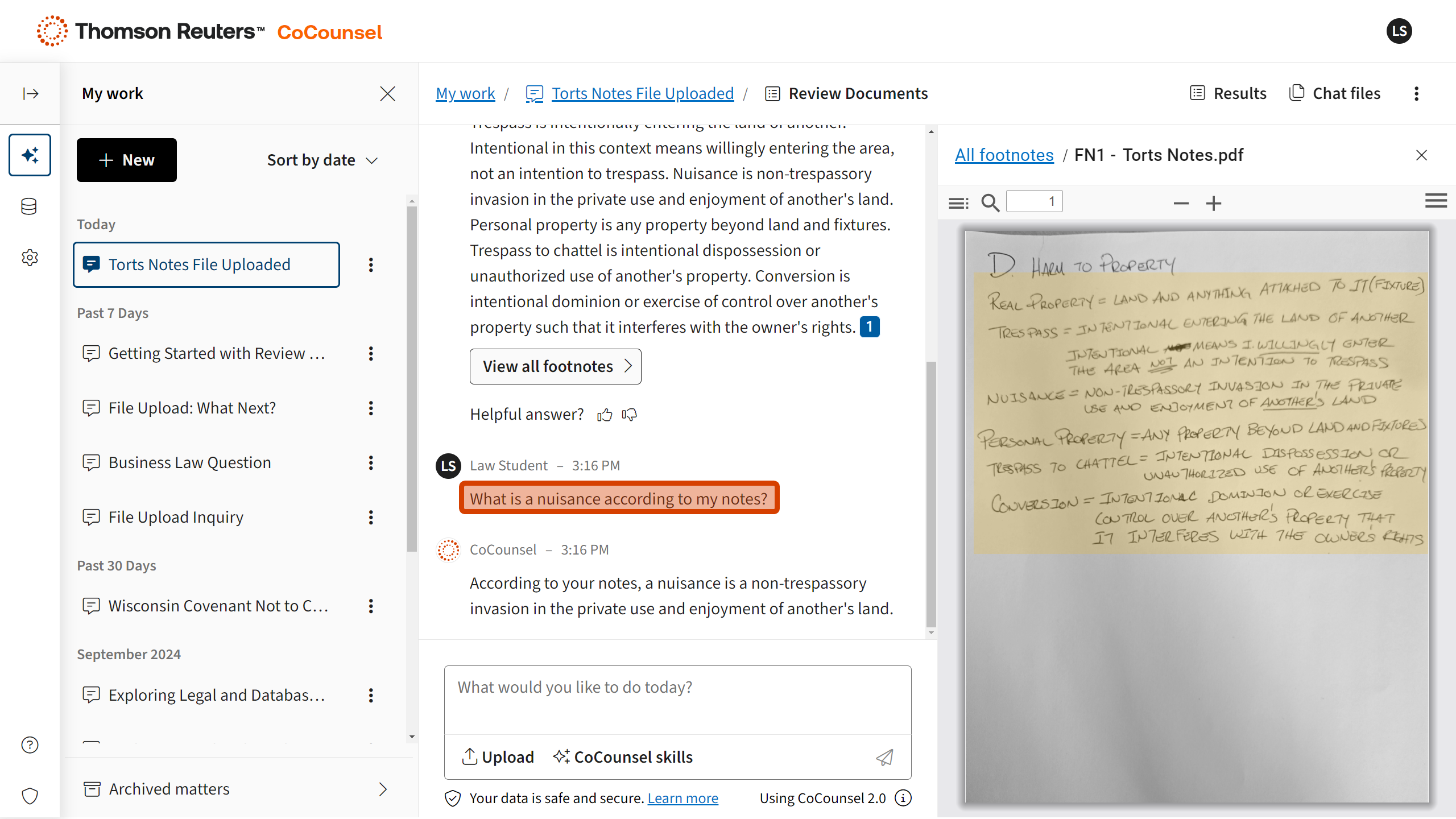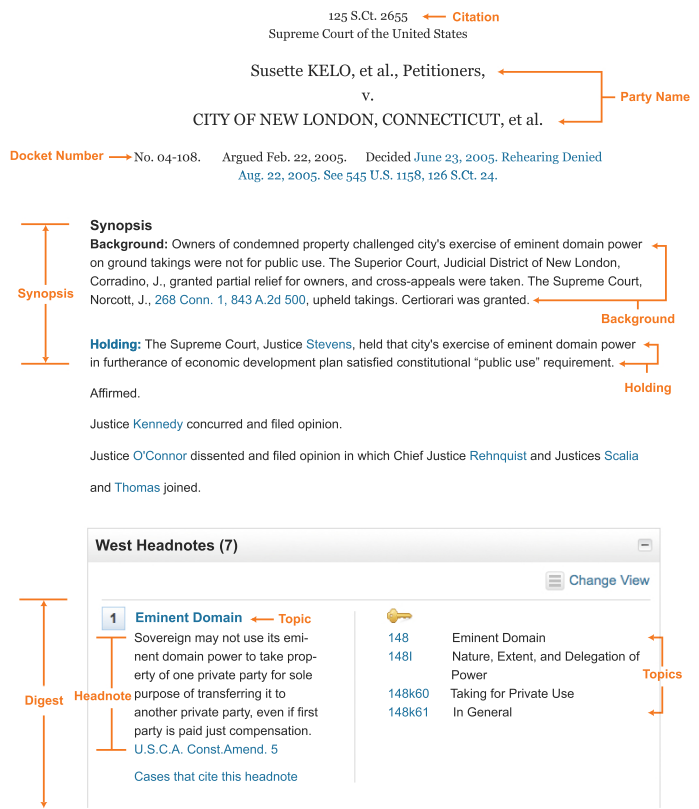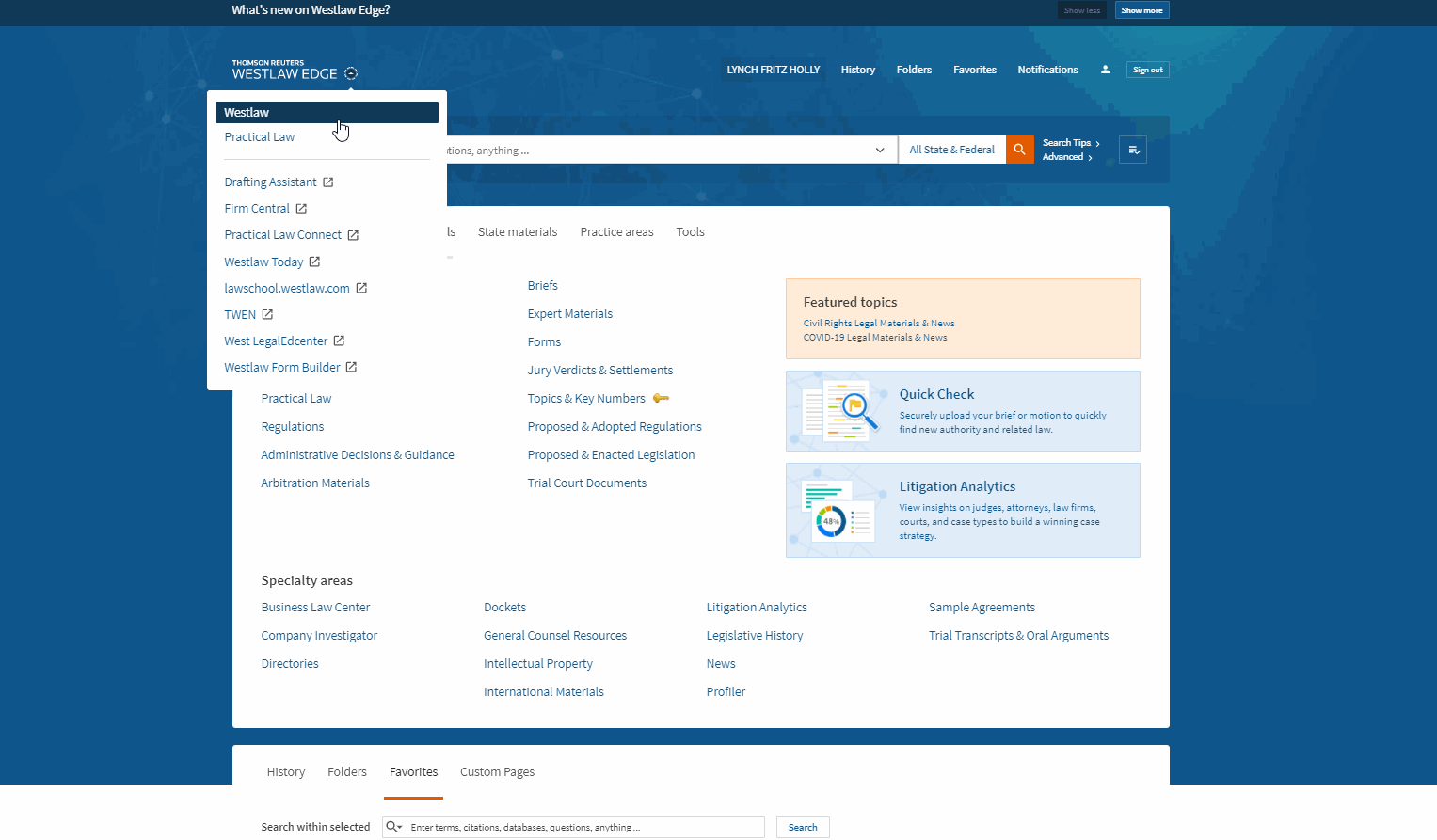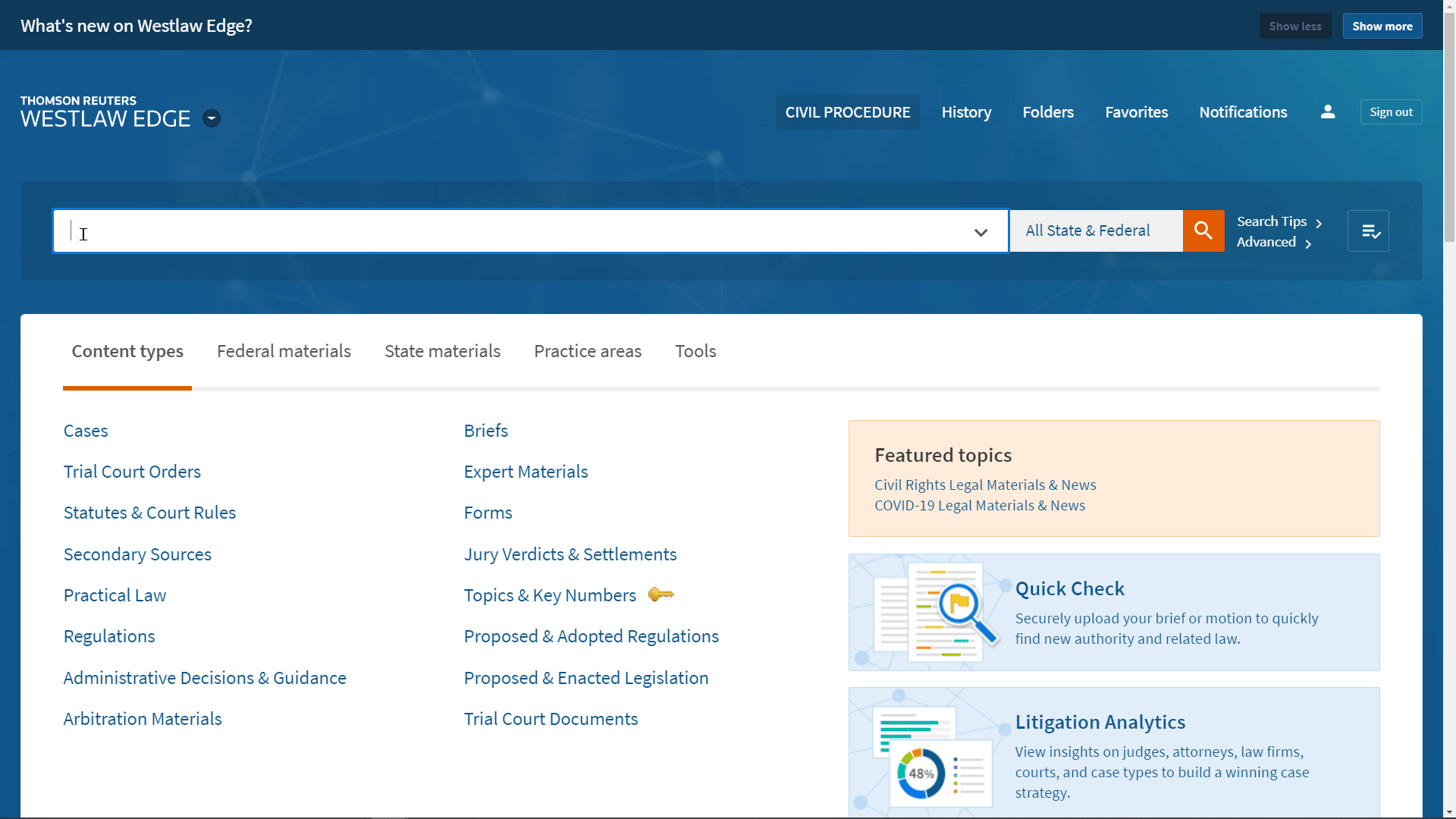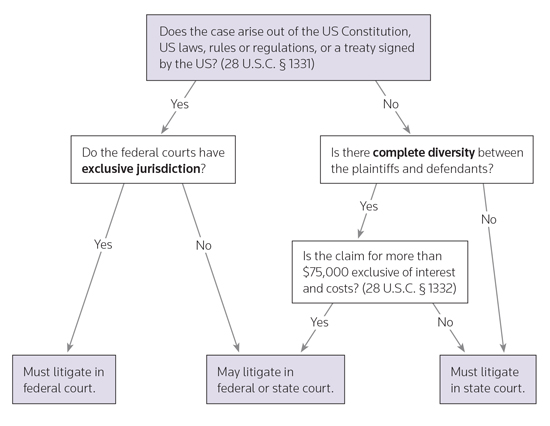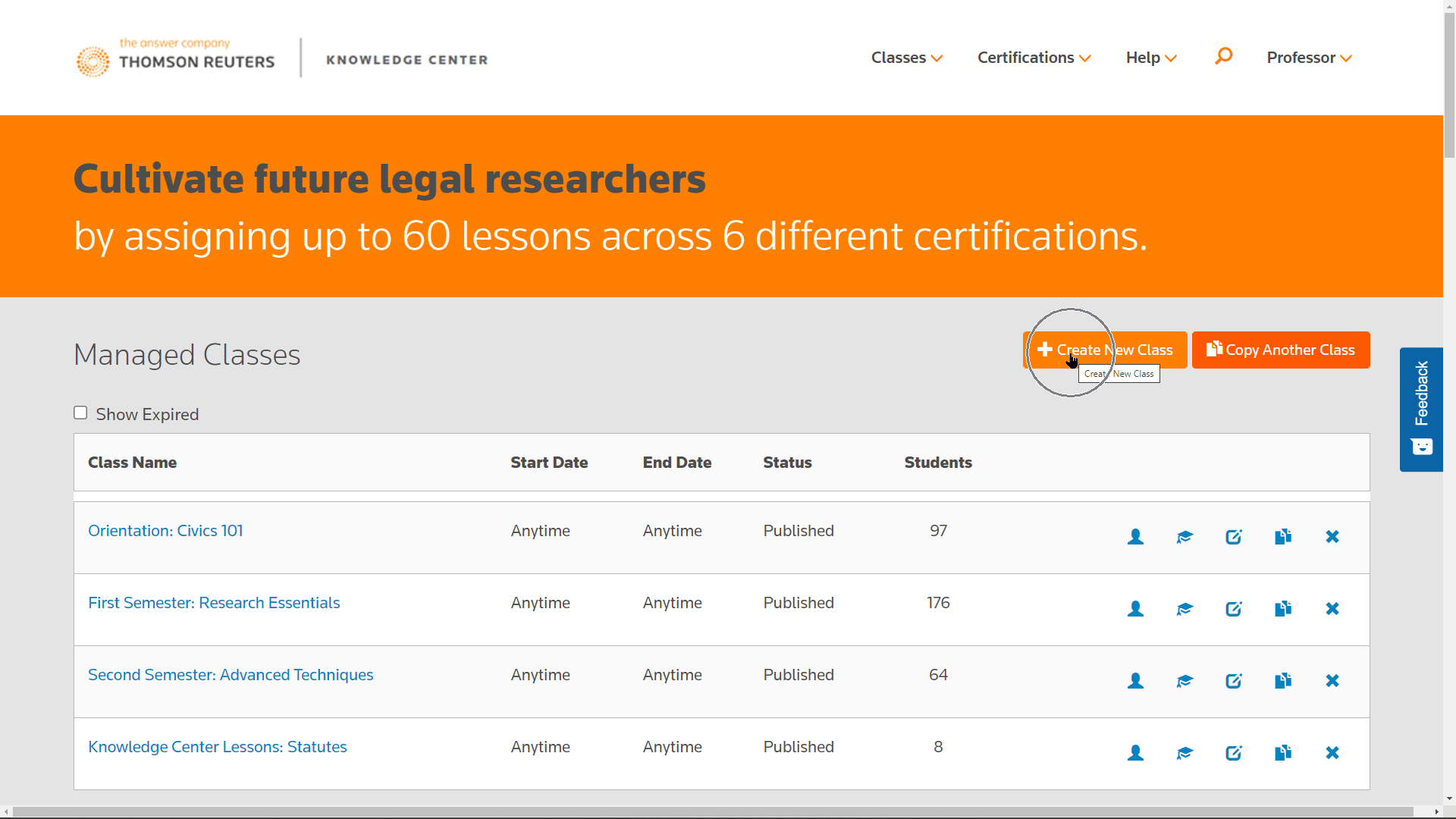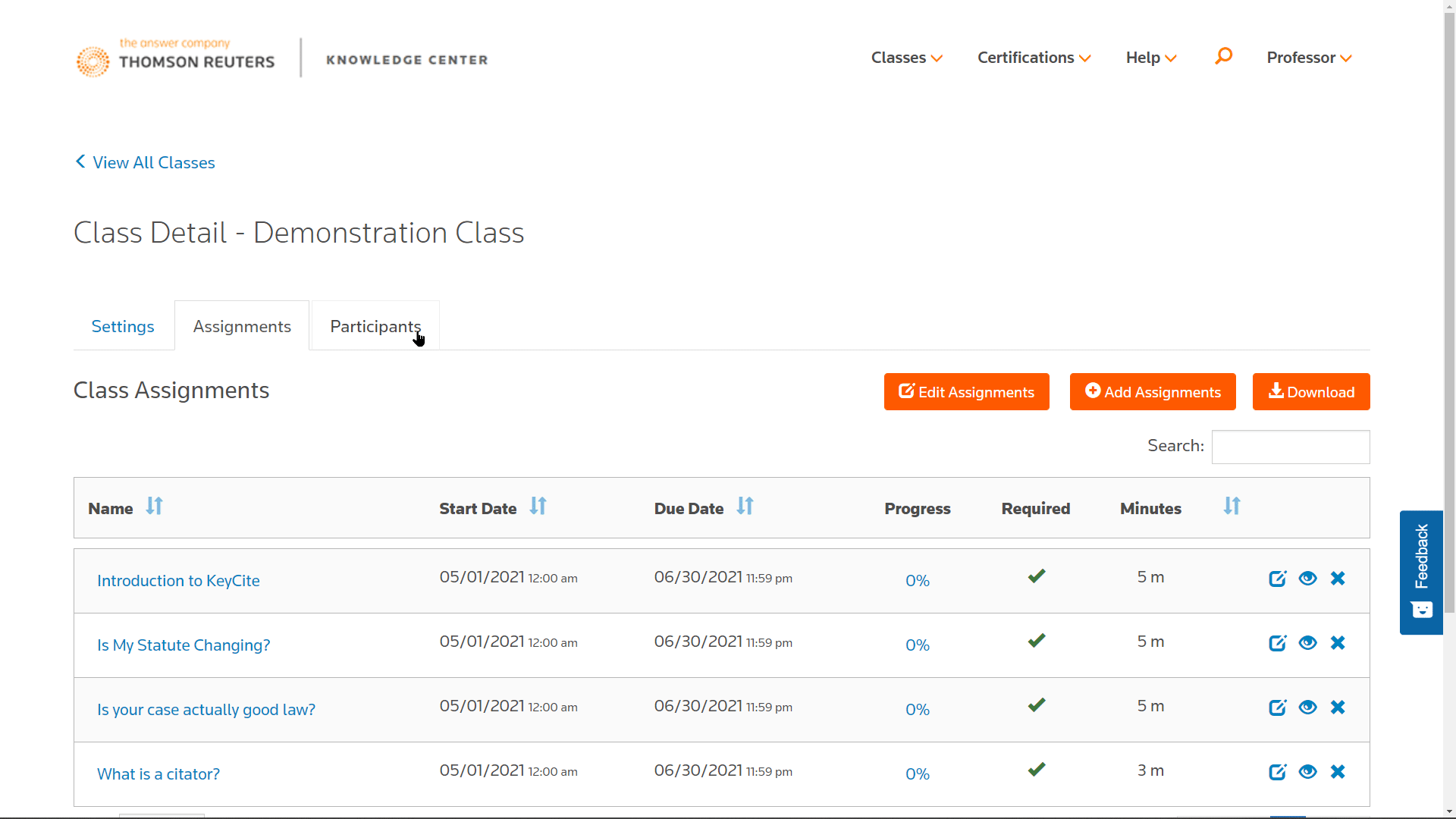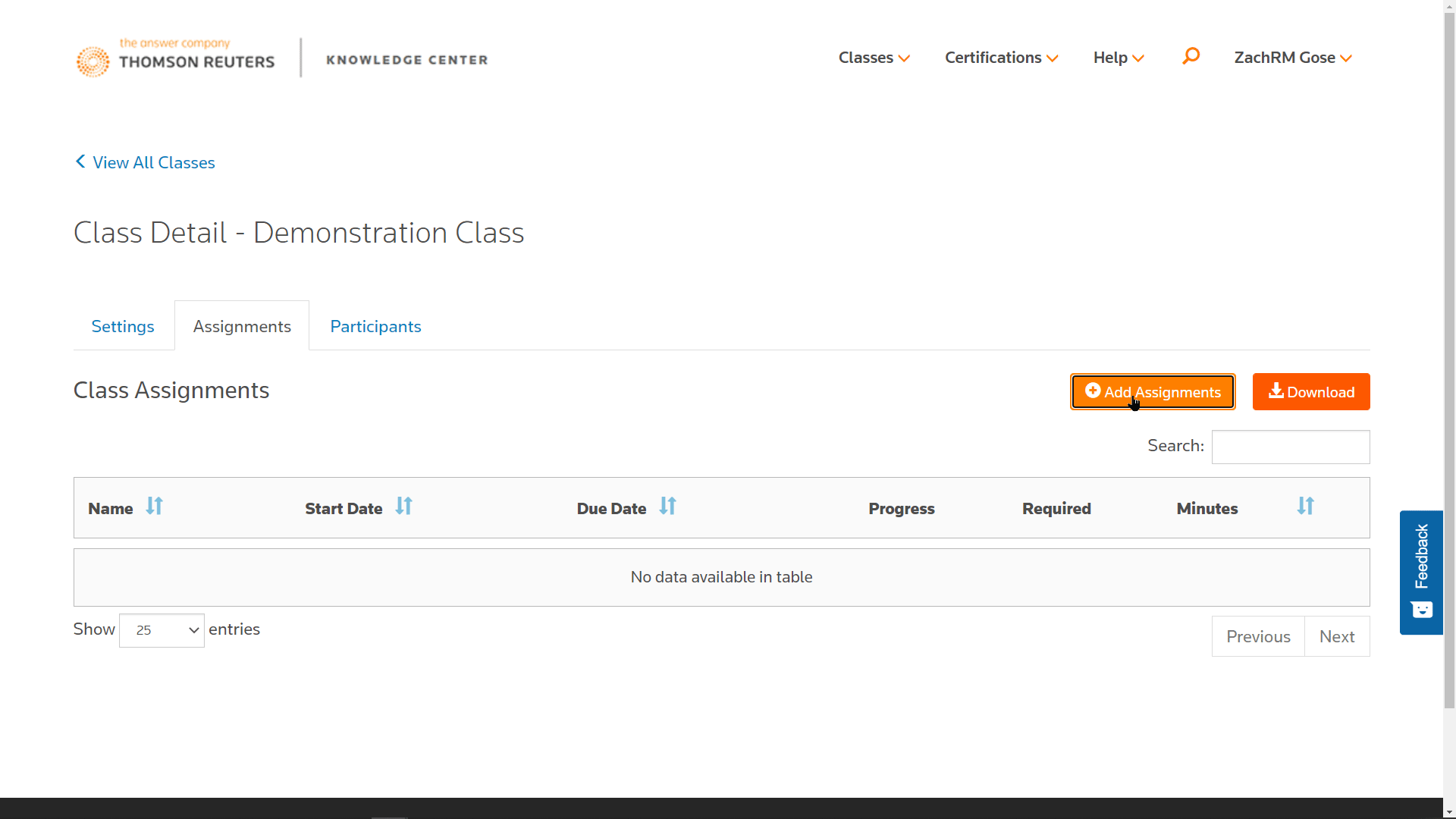3 Dimensions for Adopting a Service Mindset in Law School
A service mindset is often married to specific industries, such as hospitality or retail. These industries thrive off putting the customer before any personal needs. But the hospitality or retail industries are not the only businesses that flourish when the customer comes first.
In fact, law students who adopt a service mindset can build a stronger foundation for success in law school and private practice than law students who cling to a self-minded persona.
What is a self-minded student? Self-minded students are more likely to focus on law school grades as ends in themselves and lose sight of the big picture. Law students should remember that they are developing skills to help others (e.g., partners of a firm, clients, society, etc.). Accordingly, good lawyers need to be able to put themselves in others' shoes and continually ask, "How can I add value in this situation?" Doing so is easier with a service mindset. While those with a self-minded outlook ask: "What about me?"—those with a service mindset ask: "How can I contribute?"

Three Dimensional Keys to Success
Many law firms evaluate the progress of their associates along, at least, three key dimensions: (1) legal excellence—having specialized legal expertise and sharp communication skills, (2) business development—building relationships that generate legal work, and (3) leadership—providing guidance and delegating responsibilities to others.
Adopting a service mindset early in law school can help law students get a head start on building a foundation for success along these three dimensions. Furthermore, these three dimensions can provide a valuable lens for viewing law school success—a lens through which skill development becomes the student's primary focus, and good grades follow naturally as a secondary concern.
Furthermore, these three dimensions can provide a valuable lens for viewing law school success—a lens through which skill development becomes the student's primary focus, and good grades follow naturally as a secondary concern.
The First Dimension—Legal Excellence
So, how can a service mindset take law students further along the path to legal excellence? Two examples:
A service mindset can facilitate the synthesis of substantive legal knowledge.
In law school, students learn to read, write, and speak legalese—jargon that conveys little meaning to non-lawyers. To self-minded students, communicating in legalese might seem sufficient because their classmates and professors have learned the same legalese from the same cases, so everyone is on the same page. Law students, however, run the risk of unknowingly relying on legalese to compensate for a thin comprehension of the substance behind the jargon. In contrast, service-minded law students are more likely to imagine translating legalese for future clients. This translation process can allow students to gain a deeper understanding of the substance behind the law while thinking of real-world examples to clarify how the law might affect different client situations.
A service mindset can also improve exam performance.
In private practice, an associate must make the partners' lives easier. Each partner may have different preferences for how work product should look. Therefore, associates need to learn the preferences of each partner and deliver accordingly. In law school, service-minded law students are more likely to imagine their professors as partners of a law firm. These students will learn each professor's preferences for a top exam answer by taking practice exams and asking for feedback. In contrast, self-minded students are more likely to think that their exam writing preferences are perfect for all situations and that they need not adapt to the preferences of individual professors.
The Second Dimension—Business Development
Service-minded students are more likely to succeed in business development.
Law firms need associates who are proactive in building relationships that generate legal work for the firm. Most attorneys will tell you that referrals from law school classmates are an important source of legal work. Self-minded students are more likely to view law school's competitive environment as a battlefield where it is survival of the fittest. These students can sometimes miss the big picture. Developing a reputation as a competitive student may cut off valuable sources of referrals. In contrast, service-minded students are more likely to treat their classmates with respect, like professional athletes with integrity—playing by the rules and hoping everyone brings their A-game—because it pushes them to a higher level of performance than they could achieve without the competition.
The Third Dimension—Leadership
Service-minded students are more likely to become successful leaders.
Law firms expect their associates to eventually step up into a leadership role and provide guidance to junior associates by serving as mentors. In doing so, the firm's junior associates can progress more smoothly and avoid making common mistakes while the senior associates and partners benefit from improved support and a better overall perception of the firm. In the context of a law journal, self-minded students are less likely than service-minded students to think ahead and work to improve the journal's quality by providing effective guidance that will prevent first-year members from repeating the mistakes of the past. Adopting a service mindset not only benefits the journal’s quality and productivity, but also allows you to prepare for the necessary steps you need to take in your career to progress to a leadership role.
The moral of the story? Law students who choose the service mindset will be well served by that decision in law school and beyond.
Kurt Prange is a JD graduate of the University of Colorado Law School, Class of 2019. He will practice intellectual property law with Lewis Roca Rothgerber Christie in Los Angeles.





